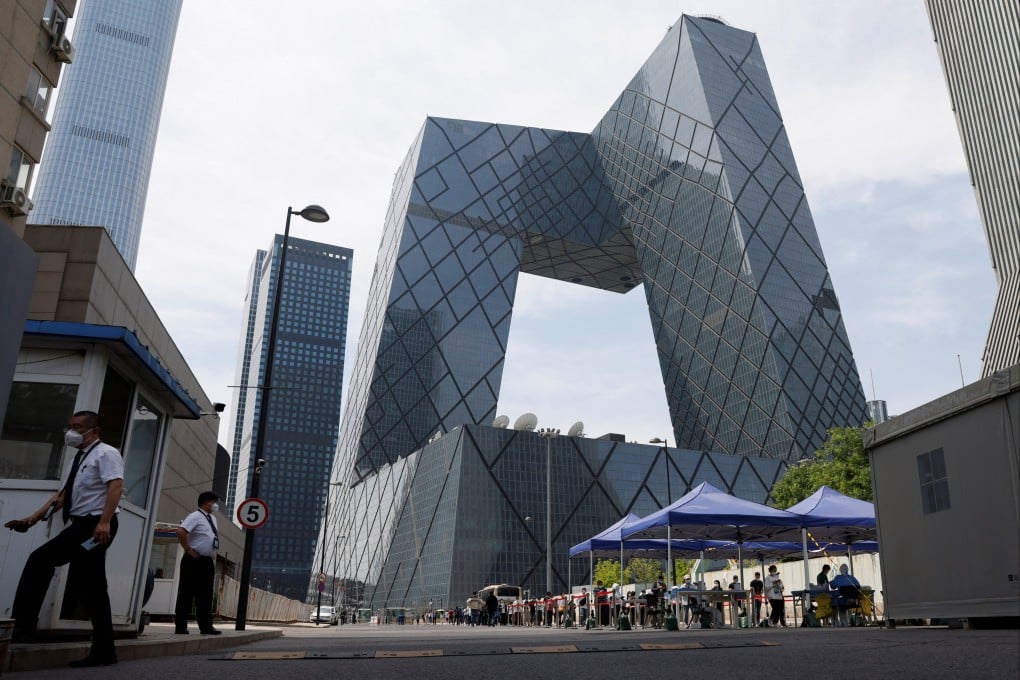Exclusive | Beijing mulls reducing hotel quarantine to one week for international travellers with 7+7 policy, sources say
- If the change is enacted, it would be the second reduction in May from previous hotel quarantine requirements of 10 and 14 days, including a week at home
- The deliberation comes amid tightening social controls in Beijing, as the city tries to balance economic growth with China’s ‘dynamic zero’ Covid-19 policy

Beijing is considering relaxing its quarantine requirements for international arrivals to a 7+7 policy, which would consist of seven days in a hotel and then seven days of health monitoring at home, reducing the hotel stay from 10 days, in response to appeals from investors, according to two sources briefed on the discussions.
If it becomes official policy this month, it would mark the second reduction in May from the Chinese capital’s initial 14+7 quarantine rule for people arriving from overseas, including Hong Kong.
One source, who declined to be named because the policy has not been officially announced, said the relaxation is mainly being considered to reduce challenges for foreign businesses, which have found it difficult to send expatriates to China with the strict quarantine rule in place. A second source said select multinational companies have been briefed on the 7+7 arrangement.
Quarantine times in the country have become a common source of complaint for international executives.
David Graham, executive director of the British Chamber of Commerce in Hong Kong, welcomed the news that Beijing is working to further facilitating business travel between Hong Kong and the mainland. However, he also believed there was a need for Hong Kong to relax its own measures on quarantines and flight suspensions.
“We ultimately need to be moving towards quarantine-free travel to ensure Hong Kong retains its status as an international financial and business hub and gateway to the mainland,” he said.
Beijing’s quarantine policy for international arrivals is jointly announced by the city’s offices for Hong Kong and Macau affairs and international affairs. The last adjustment came on May 7, when the authorities said the reduction was being made “in response to the Omicron variant, which is found to have a shorter incubation period and appears to cause milder clinical symptoms”.